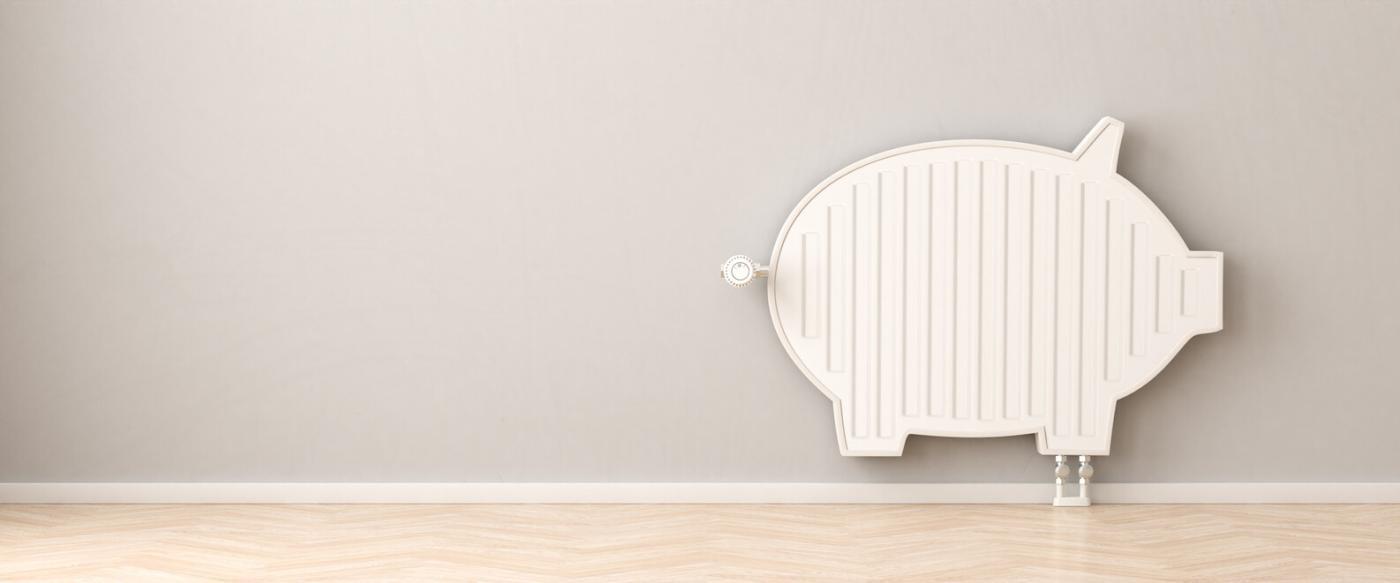Taking a bath – caring for yourself and saving energy at the same time? September 29, 2023 – Posted in: Blog
Six good reasons for regulary taking a bath
Most days we don’t have time to take a bath and take care of ourselves at our leisure. So we quickly get in the shower, scrub ourselves down, watch “our sins” get flushed down the drain, and then rush out to get on with our day.
We want to give you reasons why it makes sense to include a “royal bath” in your weekly routine. And you can even save energy in the process.
1. It is good for your brain
Of course it’s good to get into a warm bath. Especially at a time of year when the cold is setting in.
And that feeling actually lasts a long time. It boosts the production of serotonin, the substance that makes you feel happy and good. And which plays an important role in regulating your mood, your response to stressful situations and the overall health of your brain. It’s a peaceful, content feeling of happiness that can help you relax before bed. But it also makes you feel good and confident before you start your day.
2. You will sleep better
It should be common knowledge that you sleep better when your core body temperature is cooler. That’s why many sleep doctors recommend sleeping in a cool room or setting your thermostat to less than 18°C at night.
A warm bath can actually help your body enhance this effect. When you relax deeply in a warm bath, your body temperature rises. As soon as you leave the bath, the body quickly cools down again. This promotes the production and release of melatonin.
So after the bath, wrap yourself in a fluffy towel and nourish your skin with a moisturising oil. Then lie down in bed and wait for the magic to happen.
3. It is anti-inflammatory and immune-boosting
Heat is known to boost circulation and get the lymph moving (it’s especially helpful to get out of the bath and into the cooler air to stimulate lymph drainage). Heat also soothes aching or tired muscles. It opens the blood vessels in the circulatory system and nasal passages and helps relieve headaches and muscle tension.
In addition to circulating blood and soothing sore or tired muscles, bathing helps detoxify your body more quickly and effectively. Medical studies say that immersion baths, but not shower baths, have a hyperthermic effect that stimulates blood flow and the elimination of metabolic waste. Be sure to drink plenty of water after bathing so that minerals can circulate and rehydrate the body.
4. Taking a bath lowers blood pressure
Because the heat of the water stimulates circulation and blood flow, baths are like a mini-workout for the body. Similar to the calorie-burning effect of a sauna when you relax with all four limbs submerged for 20-30 minutes.
The University of Oregon published a study that found frequent hot baths “increase flow-mediated dilation, decrease arterial stiffness, lower mean arterial and diastolic blood pressure, and reduce carotid intima-media thickness”. All these great effects bring us to another amazing reason to relax in the tub….
5. It burns calories
The same study concluded that these benefits to circulation and blood flow “are all equal to or greater than what is typically observed in sedentary individuals with exercise training.”
We’re not saying you should bathe instead of exercise … but if hectic mornings do not give enough time for a workout in your favourite yoga pants, take a bath before bed without feeling guilty. You’re doing yourself and your body a favour.
6. Taking a bath saves energy
At first glance, it seems that showering is more energy and water efficient than bathing. But before we all throw away our bathtubs in the name of saving energy, let’s see if this is actually the case.
A standard bathtub holds about 180 litres of water. In fact, however, a bath only uses about 100 litres, as the human body displaces much of this water – and most people don’t fill them to the max anyway.
About 12 litres of water per minute flows through an average shower head, or 15 litres if it is a power shower.
How much energy does showering consume?
So for a 10-minute shower at 40°C, we use between 120 and 150 litres of water and need between 4.6 and 5.76 kWh of energy to heat it. Assuming an electricity price of between 36 and 52 cents per kilowatt hour, this means costs of between 1.65 euros and just under 3 euros per shower.
How much energy does bathing consume?
A 100-litre bath needs 3.84 kWh of energy to heat it up to 40°C. The electricity costs are the same as for a shower. On the same electricity basis, this costs between 1.38 euros to just under 2 euros per bath.
This means that those who like to stay a little longer in the shower actually save energy and money when bathing. If you take a bath properly, you care for your skin, your body and your mind. And if you bathe as a couple, you not only protect the environment and your wallet, but you might also spend a romantic wellness day within your own private spa.?


